As Saudi Arabia advances its ambitious development projects under Vision 2030, sustainability and energy efficiency have become central themes in construction and industrial practices. Among the many sectors driving these changes, insulation materials stand out for their essential role in reducing energy consumption, improving building performance, and promoting eco-friendly design. Saudi Arabian insulation materials are at the forefront of this transformation, supporting both residential and industrial development across the region.
The Significance of Insulation in Saudi Arabia
Given the Kingdom’s extreme desert climate—with blistering summers and significant daily temperature shifts—insulation is more than just a comfort enhancer; it’s a necessity. Proper insulation materials prevent heat transfer, reduce energy use in air conditioning, and contribute to more stable indoor environments. This not only improves living and working conditions but also reduces the carbon footprint of buildings, aligning with Saudi Arabia’s commitment to sustainable urban development.
Types of Insulation Materials in Use
Saudi Arabia produces a wide variety of insulation materials tailored for specific uses in construction, energy, and industrial applications. Some of the most commonly used include:
- Fiberglass Insulation: Ideal for walls and ceilings, it offers excellent thermal and acoustic insulation.
- Polyurethane Foam: Known for its high R-value, it’s used in roofing and refrigeration systems.
- Rock Wool and Mineral Wool: Favored for their fire-resistant properties, often used in commercial and industrial projects.
- Reflective Insulation: Utilized in attics and roofing to block radiant heat.
- Expanded Polystyrene (EPS): Lightweight and moisture-resistant, suitable for exterior insulation finishing systems.
These materials are locally produced to meet the demands of the Kingdom’s expansive construction sector, helping to reduce reliance on imports and supporting local industry.
Innovations and Sustainable Practices
Leading Saudi manufacturers are constantly innovating to make insulation more sustainable. Some companies incorporate recycled content and eco-friendly additives to improve product performance while reducing environmental impact. As part of the global move toward green building certifications, such as LEED and Estidama, Saudi insulation materials are increasingly designed to meet international standards.
This shift is also driven by regulatory incentives and national energy efficiency initiatives. The Saudi Energy Efficiency Center (SEEC) enforces standards for insulation performance in new buildings, ensuring the widespread adoption of advanced thermal solutions.
Supporting Pilgrimage and Business Travelers
Saudi Arabia welcomes millions of visitors annually, including those traveling for religious and business purposes. Whether you’re visiting to explore industrial opportunities or planning a spiritual journey, understanding visa requirements is essential. The SAUDI VISA COMPLETE GUIDE is a helpful resource for first-time travelers, offering a clear breakdown of how to apply for an eVisa, required documents, and travel tips.
For religious travelers, especially those planning to perform Umrah, it’s important to stay updated on entry requirements. The SAUDI UMRAH VISA REQUIREMENTS provide details on timelines, eligibility, and documentation, ensuring a smooth spiritual journey.
Insulation and Vision 2030
Saudi Arabia’s Vision 2030 emphasizes sustainability, energy efficiency, and economic diversification. The growth of the insulation material sector supports all three. As the Kingdom constructs futuristic cities like NEOM, adopts smart technologies in urban planning, and builds world-class infrastructure, insulation materials are a key component in making these visions a reality.
Moreover, by investing in the local production of insulation materials, Saudi Arabia is also creating job opportunities and promoting technological innovation. Export potential is expanding as well, with high-quality Saudi products finding markets across the Gulf and beyond.
Conclusion
Saudi Arabian insulation materials are more than just building components—they are vital tools in the Kingdom’s transformation toward sustainability and innovation. As the demand for energy-efficient solutions continues to grow, these materials will play an increasingly important role in construction, manufacturing, and industrial sectors. Whether you are visiting for business exploration or a spiritual pilgrimage, the Kingdom’s advancements in insulation reflect its broader commitment to building a better, greener future.


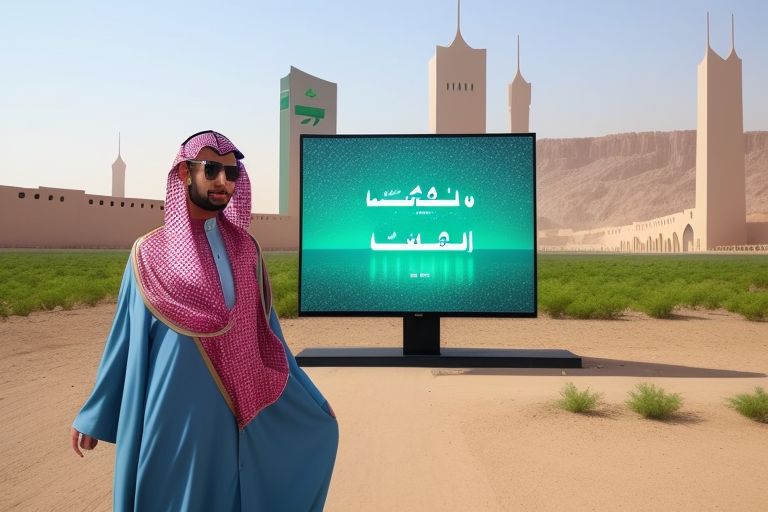
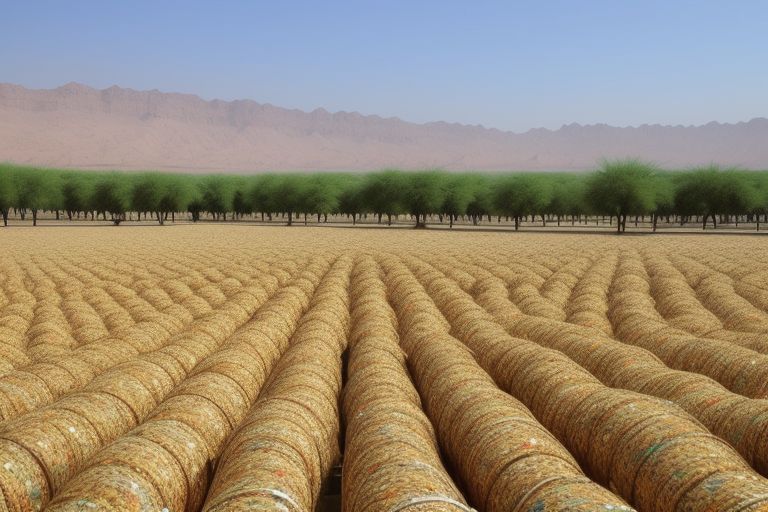
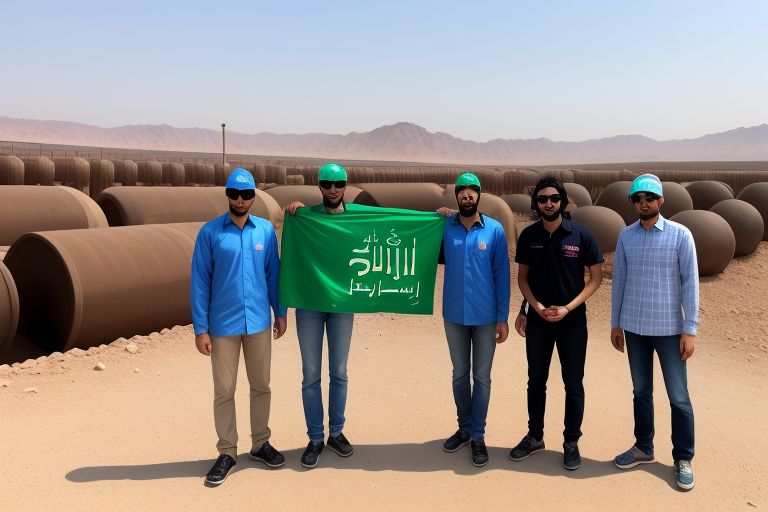
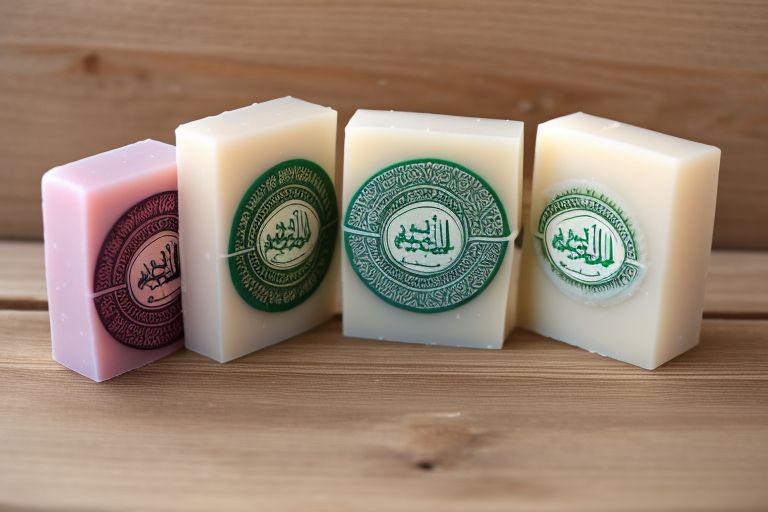
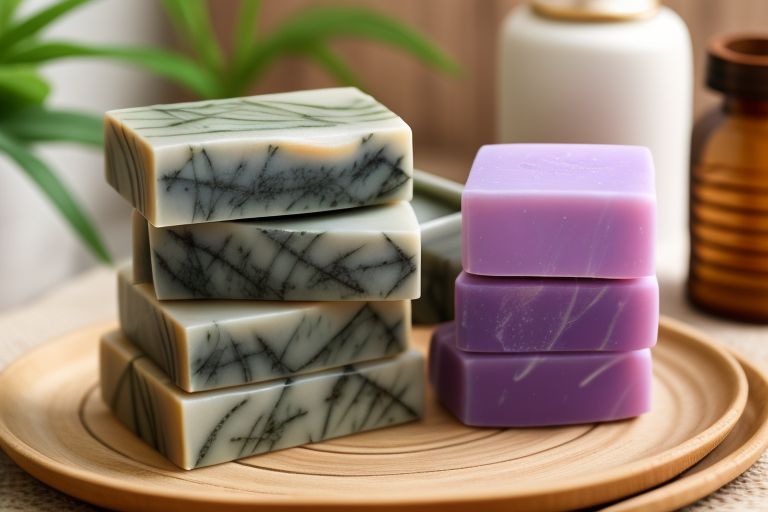
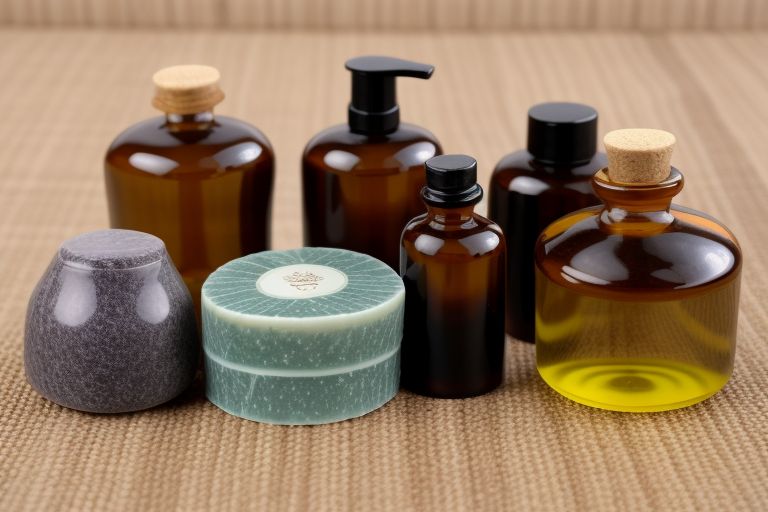

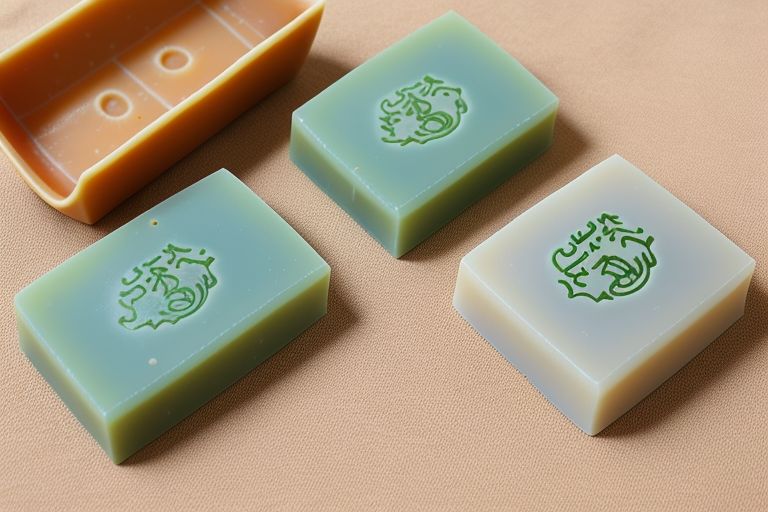
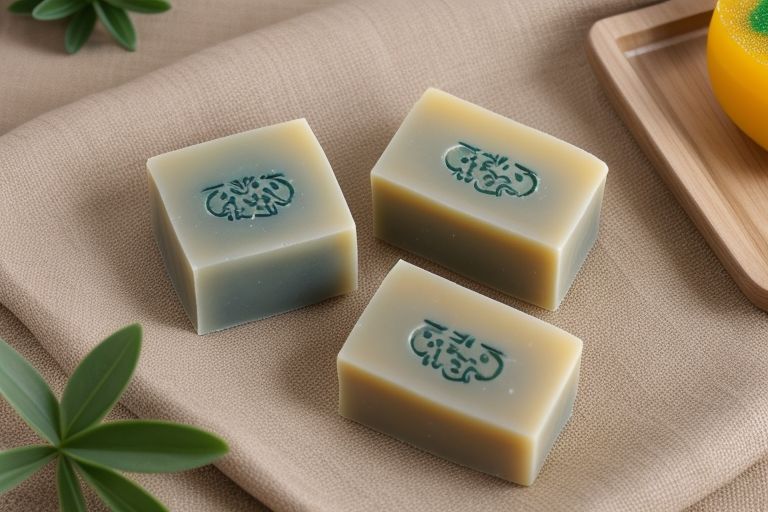
Leave a Reply